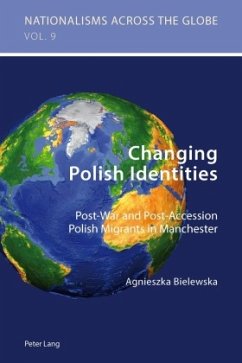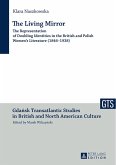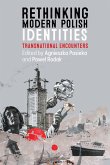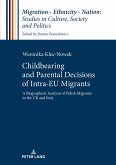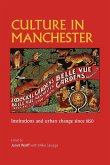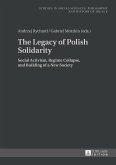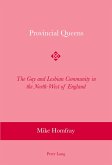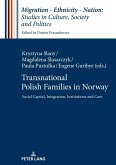This book discusses how globalization transforms national identity, comparing the assertion that globalization disembeds national culture with contrasting claims that identities remain primarily anchored in national space. It examines the impact of mobility on identity and explores the role of virtual worlds in preserving national culture.
The investigation is based around a case study looking at two very different groups of Polish migrants in Manchester: those who settled in the city after the Second World War and those who arrived after Poland joined the European Union in 2004. A comparison of the two groups reveals a fascinating transformation in the process of identity formation, which has led to the clearly defined modern identity of the post-war migrants being replaced by a postmodern, multidimensional sense of self in the post-accession migrants.
The investigation is based around a case study looking at two very different groups of Polish migrants in Manchester: those who settled in the city after the Second World War and those who arrived after Poland joined the European Union in 2004. A comparison of the two groups reveals a fascinating transformation in the process of identity formation, which has led to the clearly defined modern identity of the post-war migrants being replaced by a postmodern, multidimensional sense of self in the post-accession migrants.

